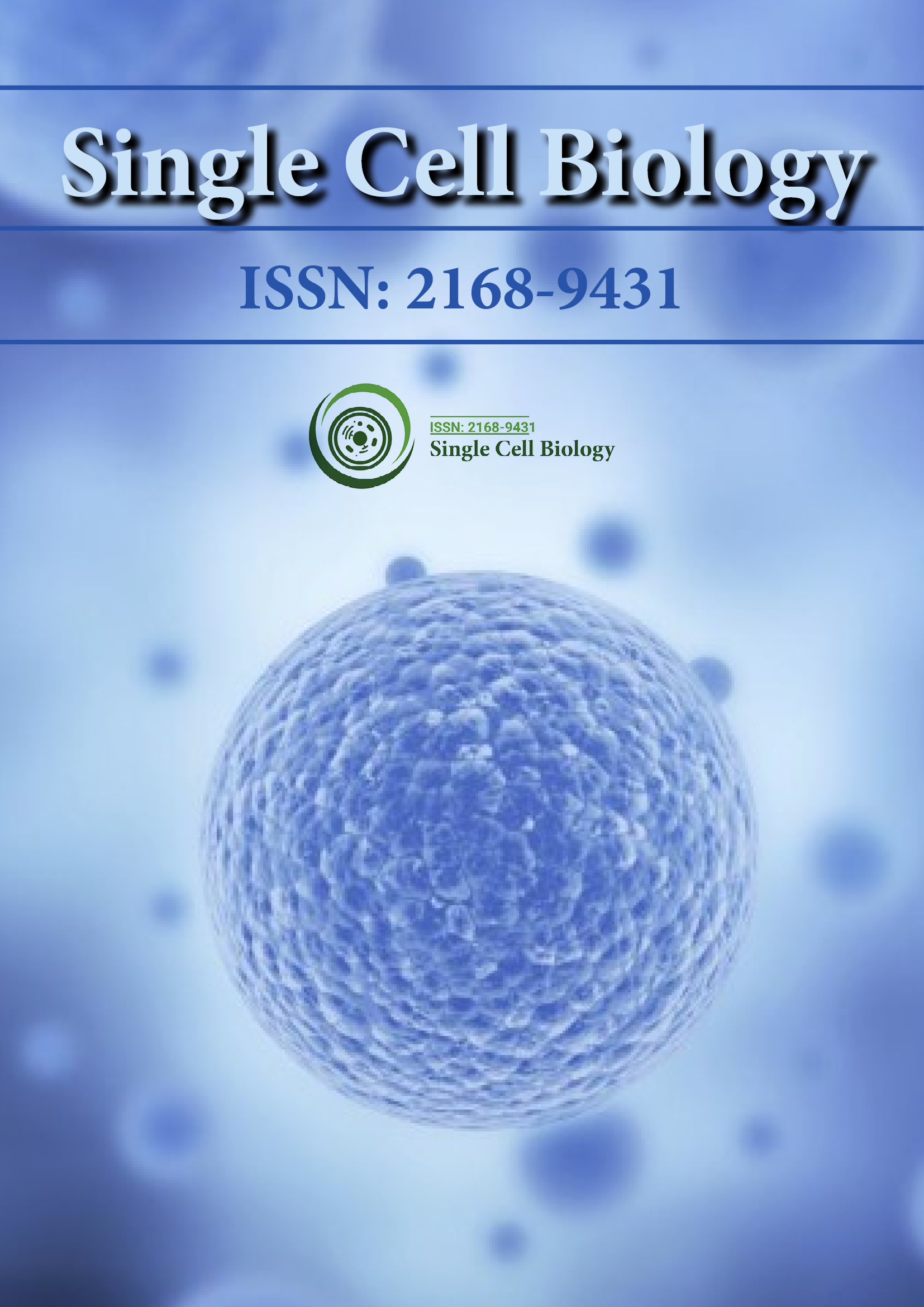Indexed In
- ResearchBible
- CiteFactor
- RefSeek
- Hamdard University
- EBSCO A-Z
- Publons
- Geneva Foundation for Medical Education and Research
- Euro Pub
- Google Scholar
Useful Links
Share This Page
Journal Flyer

Open Access Journals
- Agri and Aquaculture
- Biochemistry
- Bioinformatics & Systems Biology
- Business & Management
- Chemistry
- Clinical Sciences
- Engineering
- Food & Nutrition
- General Science
- Genetics & Molecular Biology
- Immunology & Microbiology
- Medical Sciences
- Neuroscience & Psychology
- Nursing & Health Care
- Pharmaceutical Sciences
Hao Sun

Hao Sun
Postdoctoral Research Fellow
Department of Medicine University of California,
San Diego School of Medicine,
California
USA
Biography
In May 2012, I obtained my Ph.D. degree in Dr. Jianfeng Chen’s lab in Shanghai Institute of Biochemistry and Cell Biology (SIBCB), Chinese Academy of Sciences. Now I am a postdoctoral research fellow in Dr. Mark Ginsberg’s lab, who is a professor of medicine and director of the Physician-Scientist Training Pathway at UCSD. During my Ph.D. and postdoctoral studies, I focused on investigating the regulatory mechanisms of integrin affinity regulation under physiological shear flow, which is important for vascular development, lymphocyte trafficking and inflammation. My most significant finding revealed that different chemokines can switch the ligand specificity of integrin a4b7 to guide tissue-specific lymphocyte homing, which provided a novel mechanism for precise lymphocyte homing through the unique ligand-specific regulation of integrin adhesion by different chemokines (Dev. Cell, 2014). I also found the distinct roles of the CC’ and DE loops in the recognition of MAdCAM-1 by low- and high-affinity a4b7, which suggested that the inactive a4b7 and a4b7 activated by different stimuli have distinct conformations with different structural requirements for MAdCAM-1 binding (J. Biol. Chem., 2011). ŸMoreover, in collaboration with professor Timothy A. Springer (Harvard Medical School), I also investigated the specializations that enabled a4b7 to mediate both rolling adhesion and firm adhesion (J. Cell. Biol., 2012). In addition, I have used mouse disease models (DSS-induced IBD model / AOM-DSS tumorgenesis model / APCMin/+ model) to study the in vivo function of integrin a4b7-mediated lymphocyte rolling and firm adhesions in gut immunity, colitis and colorectal cancer (Mucosal Immunol., 2015). In collaboration with Dr. Hui Yang from professor Rudolf Jaenisch's lab (Whitehead Institute), I have managed to engineer chromosomal rearrangements in ES cells using Crispr/Cas9 system, which occur frequently in human cancers. In addition, I have edited mouse Y chromosome (knock-in) using a more efficient modified Crispr/Cas9 system. I also have generated a polyploid ES cell line using chromosome transfer to study the Trisomy 21 syndrome. Currently, I am investigating the roles of talin-induced TMD topology change of integrin a4b7 in immune cell trafficking, immune responses, and pathologic inflammatory diseases. This study will demonstrate the role of integrin a4b7 in the regulation of intestinal inflammation and offer new insights into possible IBD pathogenic mechanisms. Moreover, it will provide novel strategies to regulate pathologic immunity and inflammatory reactions in IBD. Now I am starting my fourth year as postdoctoral researcher seeking career independence in scientific community. To better prepare myself as an independent investigator, earlier participation in the community would be a necessary and beneficial experience, and reviewing scientific manuscripts therefore becomes a very good start for me. I reviewed manuscripts from journals like Journal of Stem Cell Research & Therapy, Clinical Medical Journals and I helped Dr. Chen and Dr. Ginsberg to review papers from journals like Cancer Research, JCB, JCS etc. If you have any questions please do not hesitate to contact me. Attached please find my biosketch for your reference.
Research Interest
leukocyte trafficking, innate immunology, inflammatory diseases, neutrophil biology, integrin biology, vascular biology, immunological synapse, gastroenterology, cancer metastases, Cell adhesion; Rolling and arrest; Leukocyte recruitment and trafficking; Integrin activation; Signaling transduction; Neutrophil; Inflammation; GPCR proteins; Angiogenesis; Hemopoiesis; Thrombus; Inflammatory Bowel Disease; Crispr/Cas9; Stem cells; Immunological synapse (IS); Cancer metastases
